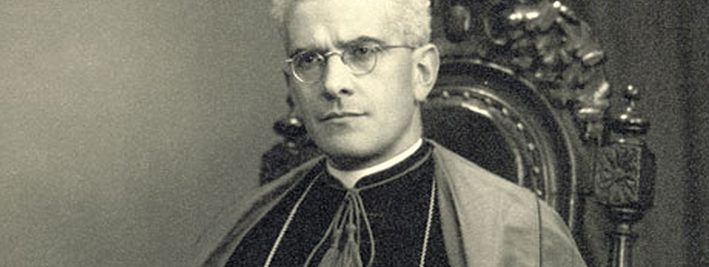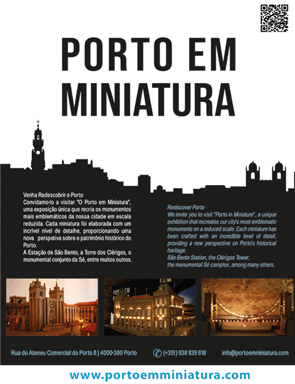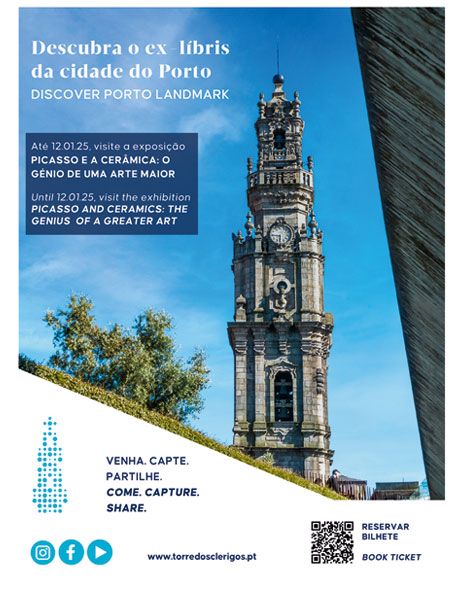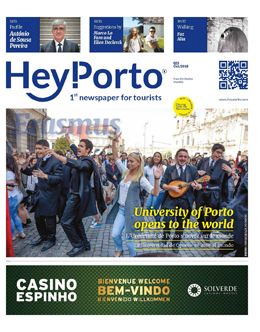It would be dishonest and even bizarre to deny the size and political impact of a figure like the former Bishop of Porto, D. António Ferreira Gomes (1906 – 1989) identified as a critic of the dictatorial regime of the Estado Novo in Portugal that was in force in 1933 until April 25, 1974. But it is easy to blur our gaze and diminish the person he was once if we look into it from a narrow perspective. To understand that in God one can find the liberating force, the confidence that gives gestures and words the emancipation of all the powers that pass (especially of those who believe them to be eternal), would prevent many mistakes. It is a mistake to reduce D. Antonio to a mere political figure and to read from there his gestures and his intentions.
The Bishop of Porto was a man of God, moved by the desire for faithfulness to the Church and his Social Doctrine. He did not want to be ahead of his time. It was because he was a man of his time that he learned to read the human, social and religious dramas of the days he lived. That is why he created so much resistance. The letter he wrote to Salazar, which eventually contributed to his ten-year exile (1959-69), reveals his ability to understand reality. Written on July 13, 1958, those lines intended to prepare a meeting with Salazar. It was a “pro-memory” through which D. António wanted to present to the President of the Council the themes and issues he would like to discuss at the meeting they would have.
The letter revealed his sensitivity to injustice. Following the Doctrine of the Church, he spoke of the need for the fruits of labor to be evenly distributed, recognized the Right to strike, denounced human miseries and opened the possibility of creating parties. He wished upon Catholics a political and civic formation that would enable them to participate consciously and freely in social life. The letter would eventually be revealed publicly. The Bishop of Porto has always denied any responsibility in this incident.
What D. António Ferreira Gomes moved were not fruitless games or the search to be a protagonist. From the deep and demanding reading of reality, freed from fears, because founded on God, he desired good and justice.
This spiritual way is often difficult to grasp. There are few who are able to understand the human being from such deep convictions and motivations. But only these sustain free men. And only those who are free find the detachment of seeking the good without fearing the penalty.








Comments are closed here.